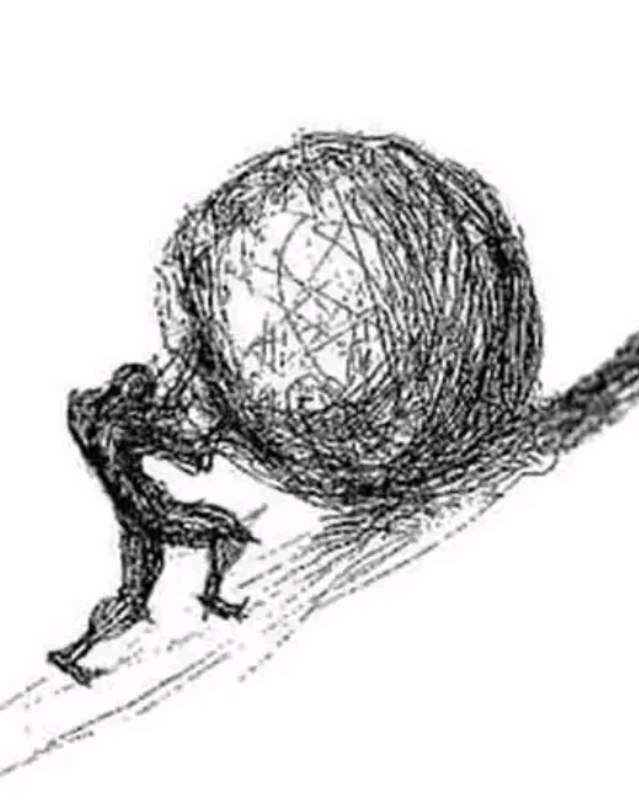Legit or propaganda? Are they still around? Did they exist to begin with?
Sources?
They definitely existed. From Mao’s death and Deng’s arrival to power China went through a process of market liberalization which opened the doors to the international bourgeois and created a lot of work and expanded the market which would lead in time to a greater capital accumulation and faster development but at the cost of poor working conditions typical of any poor nation that is experiencing the process of industrialization. This is still somewhat true today, since even though it has improved a lot it is not perfect, as we have recently seen with some factory workers protesting while singing l’International, which then led to the whole COVID issue. I can’t say if sweatshops still exist today, though, hopefully not.
the recent factory worker protests were for Foxconn, which is based on Taiwan, so AFAICT they don’t have the same level of government oversight
Ah, my bad, I still consider China to need improvements, though, not in a liberal “China is a hell” but simply stuff wheree trhew working conditions could be better.
It’s like the real-estate thing: it happened and was addressed reasonably well, but it would have been better if it didn’t happen. The addressing of it hopefully involved reducing the possibility of it reoccurring.
Another example being the Uyghur thing. It happened. It was addressed reasonably well and steps were taken to prevent a reoccurrence; ie, cultural development, deradicalizarion, integration.
Improvements. We see a contradiction. We recognize it. We don’t deny it or allow it’s exaggeration. We expect a resolution that follows the interests of the mass-line. At the end of the resolution there should be a lessening of the contradiction, a weakening of capitalism, and a strengthening of the bonds between the citizen and the state.
Yeah, of course, there are plenty of issues left in any AES country, and the CPC likely has a lot more to deal with than the others just based on the population size and the prevalence of foreign capital. The main thing is that workers’ collective power is steadily improving, and hopefully the protests against Foxconn will lead to more pro-worker regulations for Taiwan-based companies




